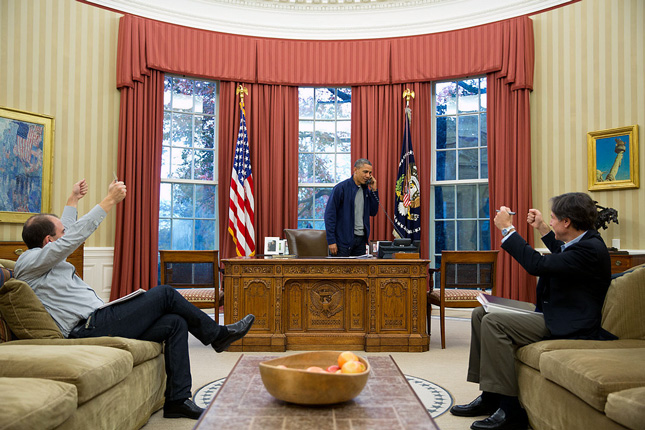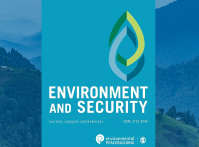-
Ruth Greenspan Bell, Foreign Affairs
What Will It Take to Break the Climate Gridlock? Learning From Iran and Cuba
September 29, 2015 By Wilson Center Staff
United States President Barack Obama invested four years and his top diplomats in containing Iran’s nuclear capabilities. He did this because an armed Iran is an existential threat to its neighbors, its region, and the world. Obama’s efforts in the talks stand in marked contrast to those geared toward addressing an even bigger and longer-term existential threat – containing climate change. The conditions that allow humans to survive, evolve, and thrive on earth are being compromised; radical changes in the climate promise a very uncertain future.
The current attempts to tackle climate change on an international level, undertaken by the United Nations Framework Convention for Climate Change (UNFCCC), seek to tackle the global threat on a whole. The UNFCCC diminishes its own likelihood for success in its attempt to create a sweeping plan for change. A few relatively simple changes, however, could help break UNFCCC’s repetitive cycle of failure that has progressed slowly and accomplished little.
First, the foreign policy community must take climate change as seriously as it does nuclear threats and deadly wars. This sounds like a no-brainer; U.S. Secretary of State John Kerry has stressed the importance of the issue, mandating that every part of the State Department must make climate change a priority. But seasoned State Department professionals have seen fads come and go. They know which departments have prestige, and which do not; working on climate policy does not help build careers. And if that is true in the United States, imagine the standing provided to this issue in all but the world’s most environmentally conscious countries.
Continue reading on Foreign Affairs.
Ruth Greenspan Bell is a public policy scholar at the Wilson Center and a visiting scholar at the Environmental Law Institute.
Sources: Foreign Affairs, NPR, U.S. Department of State.
Photo Credit: President Obama fields an update from negotiations with Iran over a nuclear deal in November 2013, courtesy of Pete Souza/The White House.
Topics: climate change, Cuba, environment, international environmental governance, Iran, security, U.S., UN
 A Publication of the Stimson Center.
A Publication of the Stimson Center.






